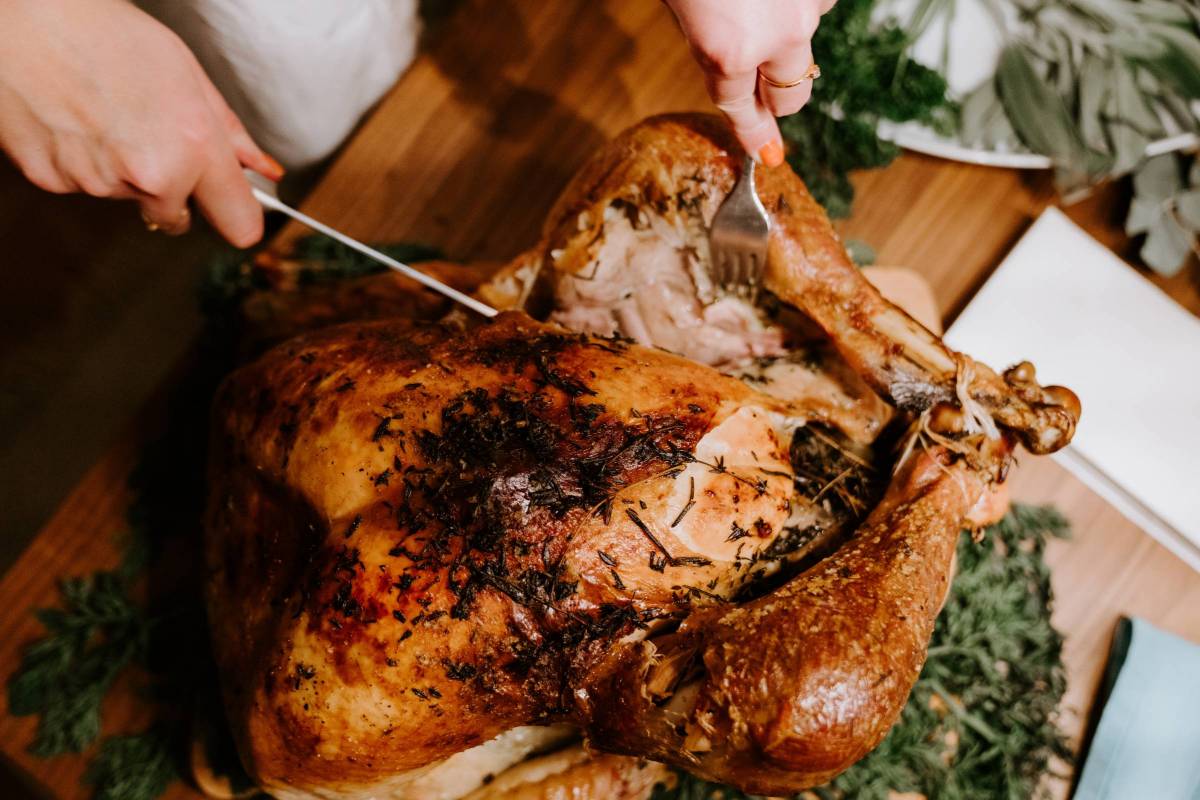No Bird Flu Served During Thanksgiving

Once again, Europe is experiencing bird flu outbreaks, a deadly animal disease confirmed by The Conversation in an article published on November 22, 2021. When chickens and turkeys are infected, over 90% of an affected flock will die within weeks.
However, ducks and geese often do better when infected.
Bird flu outbreaks are caused by avian influenza viruses, with two sub-types, H5 and H7, being the most fatal.
In the previous century, deadly bird flu epidemics were rare and originated from mild H5 or H7 viruses that mutated into a fatal version of the virus.
According to updates from the World Organisation for Animal Health (OIE) and U.K. officials, four European countries recently reported H5N1 influenza outbreaks in poultry.
Russia reported four H5 outbreaks on poultry farms where the virus killed about 8,500 of 143,000 susceptible birds.
Meanwhile, Slovakia's outbreak began on November 19th. And Hungary reported an outbreak at a duck farm that began on November 20th.
Further to the east, the United Kingdom reported two more H5N1 outbreaks, both in North Yorkshire.
The U.K. Health Security Agency has said that avian influenza is primarily a disease of birds and the risk to the general public's health is very low.
And the Food Standards Agency has said that based on the current scientific evidence, avian influenza poses a very low food safety risk. Properly cooked poultry and poultry products, including eggs, are safe to eat.
As the Thanksgiving Holiday approaches in the U.S., the CDC says, 'Turkey and its juice can be contaminated with germs that can make you and your family sick.'
'For example, turkey can contain Salmonella, Clostridium perfringens, Campylobacter, and other germs.'
'Whether you're cooking a whole bird or a part of it, such as the breast, you should take special care.'
For additional information, read the 'Consumer Guide to Safely Roasting a Turkey' published by the U.S. government.
Our Trust Standards: Medical Advisory Committee